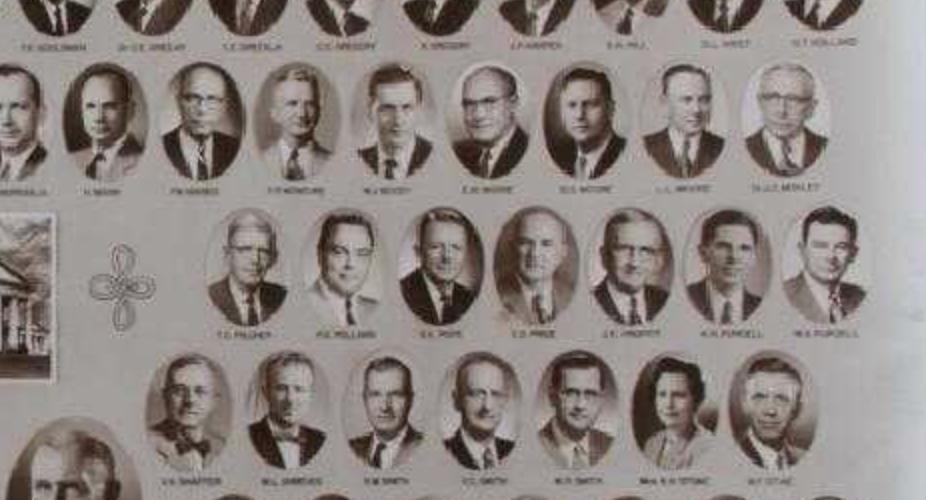#historiansengage #SHAFR2019 #twitterstorians @GUDiplomacy @SHAFRhistorians
Last session for the day: @derekchollet in a conversation with @McFarlandKellyM
@SHAFRhistorians @GUDiplomacy #historiansengage #twitterstorians
When we think about how policymakers see and use history. . . Some of it is from their own experience (they were “in the room when it happened”)
@SHAFRhistorians #twitterstorians
#historiansengage @GUDiplomacy
#twitterstorians #historiansengage
DK: Not really. . . It’s more individual. But history can enlighten and hamper. Vietnam is a great example of this. Sometimes it works well and other times it’s limiting
#twitterstorians #historiansengage
@SHAFRhistorians @GUDiplomacy
@SHAFRhistorians @GUDiplomacy #historiansengage
@SHAFRhistorians @derekchollet @McFarlandKellyM #twitterstorians #historiansengage
A: Learn to balance historians’ desire for depth and nuance with the need for timeliness and speed. This is a real challenge and it is going to require you to develop different skills simultaneously.
A: Historians are great at seeing connectivity and seeing the big picture, seeing the broad context
A: I was struck by their shared struggles. Ex: The thru lines of their opposition: McCarthy, Buchanan and Perot, Trump-and the effect on politics
DC: There are lots of entry points - this brings new challenges (lots of noise). @Monkeycage, @madebyhistory are important, definitely. @TheAtlantic, @nytimes, @washingtonpost and @WSJ still matter.
#historiansengage
@SHAFRhistorians @GUDiplomacy #twitterstorians #historiansengage
DC: But historians can also help explain why we see differences and why things now might really be as bad as they seem.
#twitterstorians
@SHAFRhistorians
A: You have to develop a sense of fearlessness. You don’t want to overstate things, but you know a lot. Everybody’s faking it.
(JW aside: To write about the recent past, you have to be willing to be wrong. And maybe VERY wrong. It’s lots of triangulating from open sources. Be humble, and take risks.)






